Mattress Science
September 2020Orthopaedic mattresses for bad backs: myths & scams debunked
There’s plenty of false information about orthopaedic mattresses being ‘ideal for people with bad backs’. The old wives tale that a firm mattress will help fix your bad back has long been disproven. We detail how you really should be searching for a mattress for a bad back and how to avoid falling for unsuitable and incorrectly marketed orthopaedic mattresses.
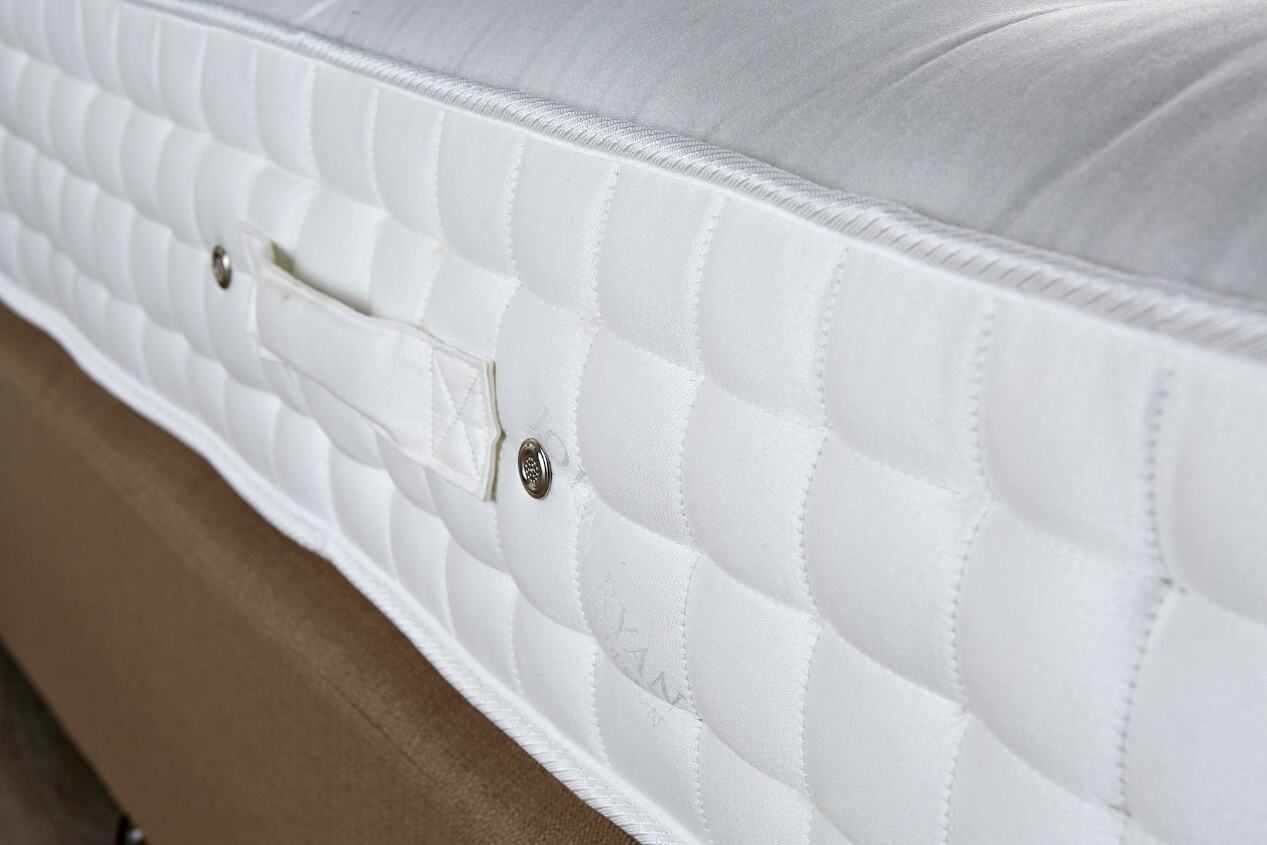
Mattresses for bad backs
- What’s the best mattress for a bad back?
- Myths about orthopaedic mattresses for bad backs
- How to choose a mattress for a bad back
- Why memory foam is unsuitable for a bad back
- Pocket spring split tension mattresses can reduce sleep disturbance
What’s the best mattress for a bad back?
Having a bad back and trying to sleep is no fun. Especially if you have the wrong mattress. It can feel like bedtime becomes a nightmare of aches, pains, tossing and turning. Mattress shops have been misselling super firm mattresses for bad backs for years, often making your sleeping conditions even worse.
The best mattress for a bad back will offer two things:
- Mattress support that’s matched to your body weight and height
- Comfort layers that depending on your sleeping position allow you to sink slightly before being supported
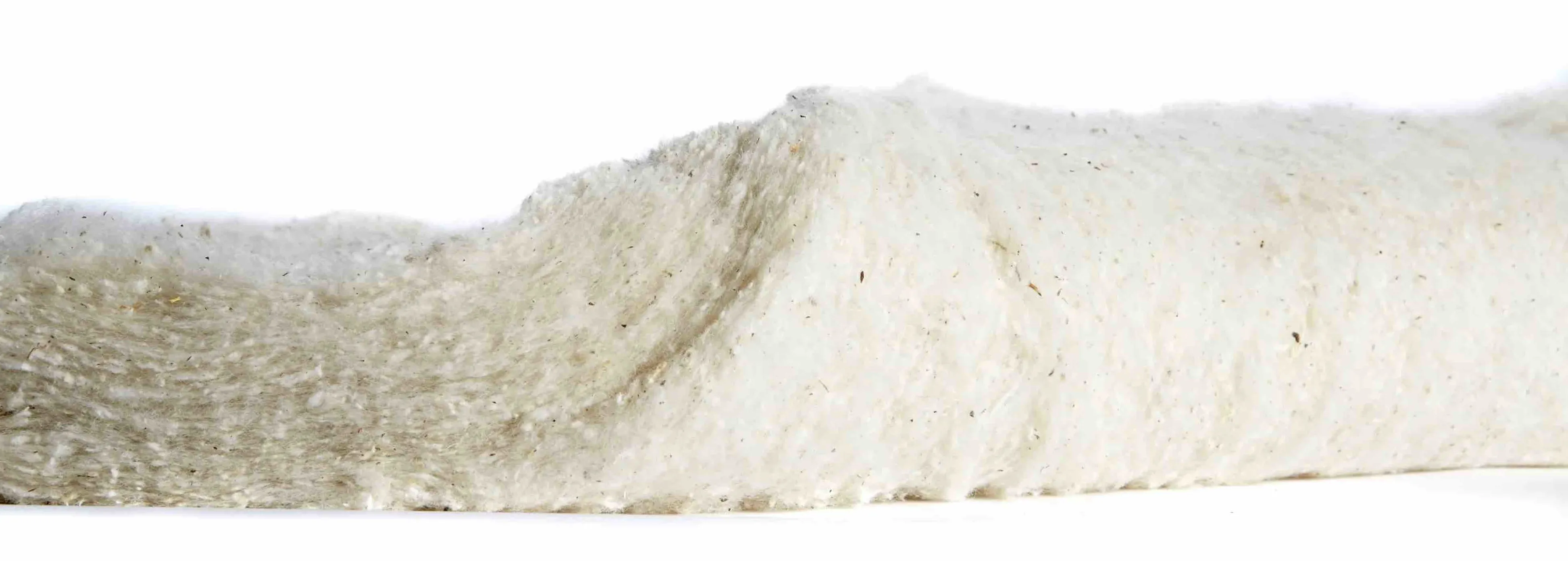
You’ll see that neither features extra firm pocket springs or ultra-hard mattress upholstery layers! Let’s explain why so many mattress retailers advise the wrong type of mattress for a bad back.
Myths about orthopaedic mattresses for bad backs:
We’re delighted that finally, the British Chiropractic Association has confirmed that ‘there is no one solution that suits all’ when it comes to buying a mattress for a bad back. Which revokes years of uninformed advice that recommended the firmest mattresses for those with back and neck problems. For years Chiropractors and mattress companies have recommended orthopaedic mattresses as the solution to restless sleep for those with a bad back. Most of this has been used as a marketing tool. The argument that a super firm rigid mattress will somehow straighten out your spine leading to fewer back problems is naive at best. At worst its been pushing people towards wholly unsuitable mattresses for years making things worse not better.
Wikipedia also questions the science behind orthopaedic mattress stating ‘the modern use of the term “orthopaedic” has largely become a marketing term. Mattress manufacturers, in all countries, are not required by law to provide proof of testing to support claims of a mattress being orthopaedic’. If it sounds very much like the term ‘orthopaedic mattress’ was merely made up you are not far wrong!
The International Chiropractors Association have also stressed the need to identify both comfort and support when choosing a new mattress something we have written extensively about. Again moving away from the old rule of the firmer the better for a bad back. Before we dive into our own research on choosing the best mattress for a bad back lets look at a couple of myths in relation to orthopaedic mattresses. This article will help put to bed once and for all.
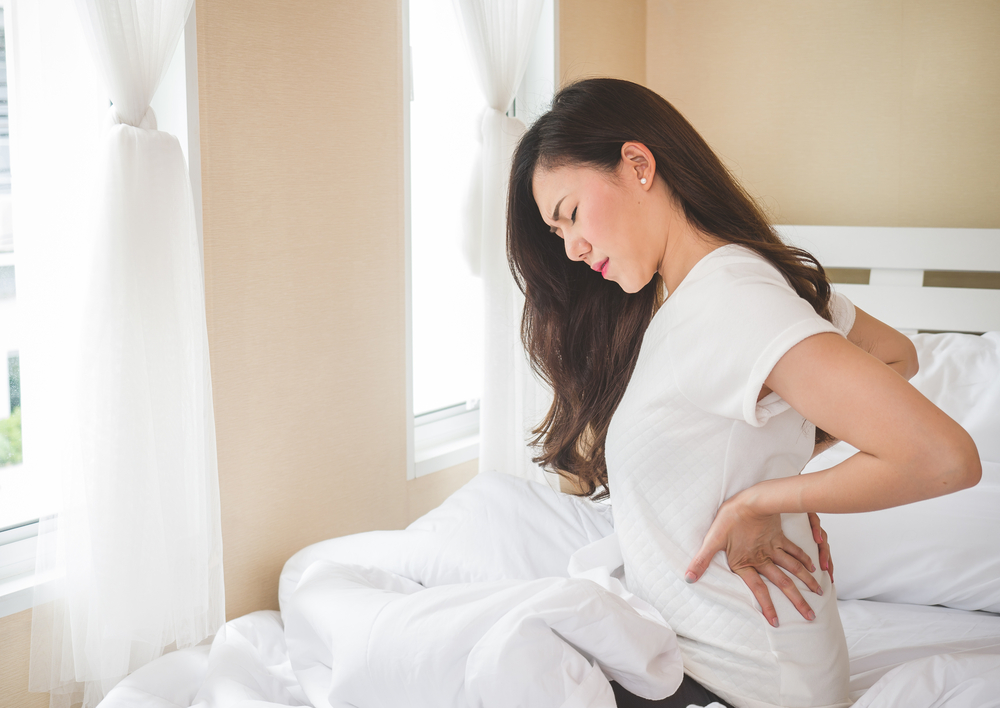
Myth 1 Orthopaedic mattresses are specially designed for bad backs
Given the multitude of possible causes of a bad back, ie genetics, accidents or posture to name a few, there is no way that one mattress can ever be created to resolve all these issues. Secondly, orthopaedic mattresses all have one thing in common. They use extremely firm support to create a very stable but incredibly firm sleeping surface. They are practically all support and no real consideration of the comfort layers that are essential in a mattress. Meaning you’re held sometimes on top of the mattress rather than sinking in. Hardly conducive to a restful supportive nights sleep.
Myth 2 Orthopaedic mattresses will help you sleep better by moving less
Again another myth that these firm beds will stop you from moving around. If the average person moves around 30-40 times each night at regular intervals we’re not sure why a super firm mattress would be any different. In fact, the British Chiropractors Association states that staying in one position all night can ‘joint load’ effectively overloading joints or backs causing more issues. What is required is a mattress that easily allows you to move during the night not holding you in a restrictive position which can cause excess pressure on joints. This is where responsive mattresses can be really useful. More on that later on.
Myth 3 A firmer mattress helps keep your spine aligned reducing back problems
The old wives tales around firm mattresses and some memory foam companies were that they help keep your spine ‘in alignment’ during sleep. In reality, your spine will find its own natural position and being forced by a firmer bed to somehow straighten itself out is ludicrous. What you need is a mattress that supports your bodyweight to find its natural resting position. Too firm and its forced, too soft and you may exaggerate any back issues which is why advice on the correct support unit for your body weight is the first essential criteria in choosing a mattress for a bad back.
How to pick a mattress for a bad back
When looking for a mattress for a bad back there are only two considerations you need to address. Support and comfort.
Support in a mattress
The first is what support unit is suitable for my weight? This is the very first question you should be asking and is dictated by your body weight and height. This is because spring units are manufactured to accommodate different weight ranges. Offering just the right amount of extension (push back) vs compression (the amount they compress) for different loads (weights of the sleepers) upon them. Often this is misquoted on mattresses as the comfort later ‘soft medium or firm’.
The spring units are often listed with either a spring wire diameter or soft, medium or firm. The soft, medium or firm is really misleading which is why we always give both details on our mattress models. This does not mean that the mattress will feel soft, medium or firm. It’s just a term used by the industry to relate to a weight range. Probably because it sounds far nicer than asking your weight. However, knowing your weight and height is going to be essential to finding your perfect mattress for a bad back. Below is a table that shows the correct spring gauge or tension for your bodyweight.
| Bodyweight | Spring tension |
|---|---|
| Upto 16 Stone / 50-101kg | Medium (1.4mm) |
| 16 Stone / 101kg Upwards | Firm (1.6mm) |
| Available in Bespoke Products (Please Call) | Soft (1.2mm) |
Your height is important this will further help you work out whether you may need to move from one gauge spring to another. For example, a really tall 6ft 6 and 12 stone man may actually require a soft spring as the weight is more evenly distributed vs a 16 stone 5ft woman who may require the next gauge up. This is where expert helps really comes in the help you establish what support you need. If you need help finding a mattress why not give our small expert team a call on 0161 437 4419 or if you’re not a fan of speaking on the phone drop us an email at [email protected] and we will help you via email?
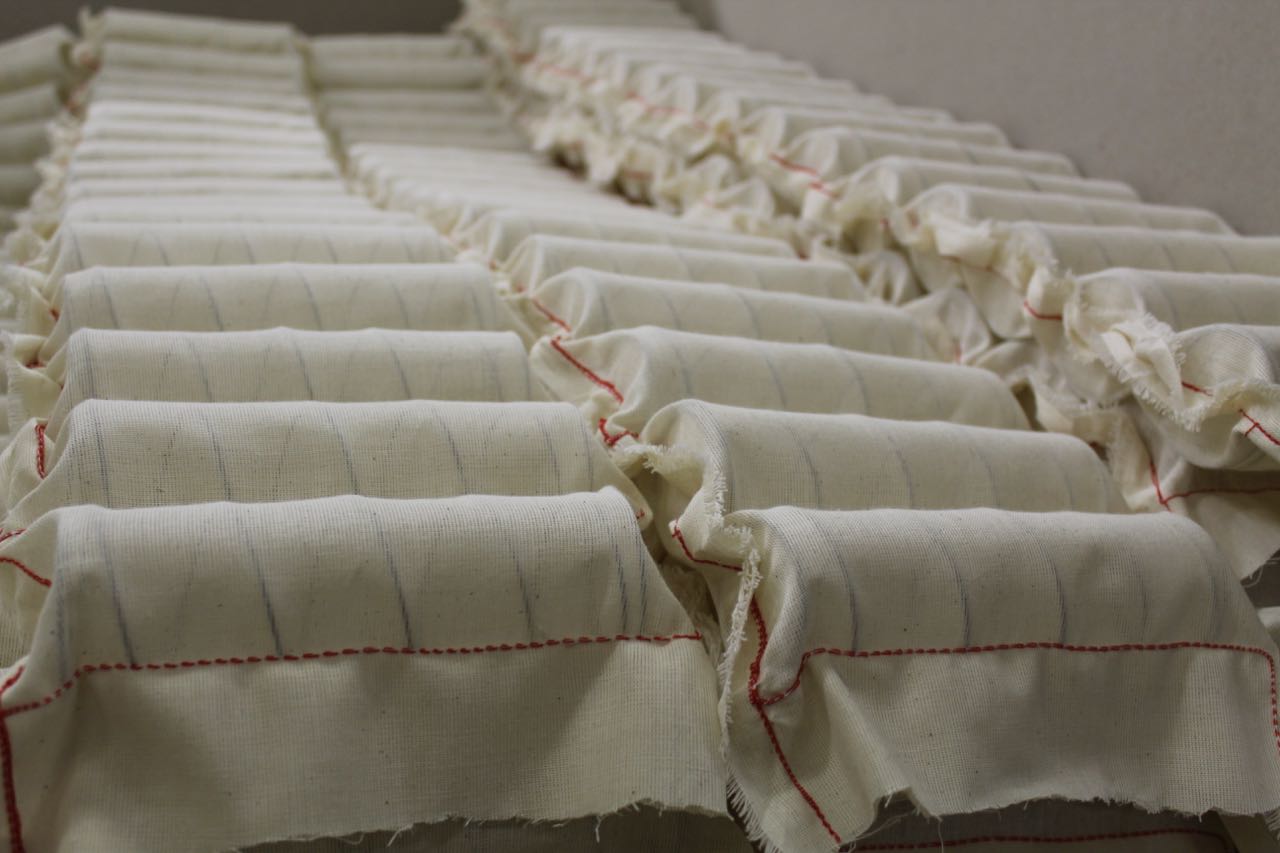
Responsivity is also a consideration with support. A solid slab of cheap foam, like some orthopaedic mattresses, will offer support but won’t necessarily be responsive enough to allow you to move about without serious effort. A quality pocket spring system that allows for independent movement whilst asleep is ideal. Allowing you to move during the night as you sleep with the support unit adjusting based on your position or sleeping preference. Something really firm mattresses simply can’t offer.
A quality pocket spring system that allows for independent movement whilst asleep is ideal.
| Spring Tension | Wire diameter (Gauge) | Weight Range |
|---|---|---|
| Soft | 1.2mm | Bespoke Tension (Please Call) |
| Medium | 1.4mm | Upto 16 stone |
| Firm | 1.6mm | 16 stone plus |
| Extra Firm / Orthopaedic | 1.9mm | 20 stone plus |
Comfort in a mattress
The next consideration is the comfort preference of your mattress. This is where the Soft, Medium and Firm categories should really sit. The comfort is provided by the upholstery fillings and layer configurations. You can read far more on that here. Most people know if they prefer a soft, medium or firm feel in the top of their mattress. If you’re suffering from a bad back then usually a medium to softer feel is actually more suitable to help cradle you during the night. A firmer feel in the comfort layer just risks keeping you in a straight line thus aggravating your bad back issues. The mattress needs to support you but also allow for some comfort for the mattress to conform to you, not the other way around!
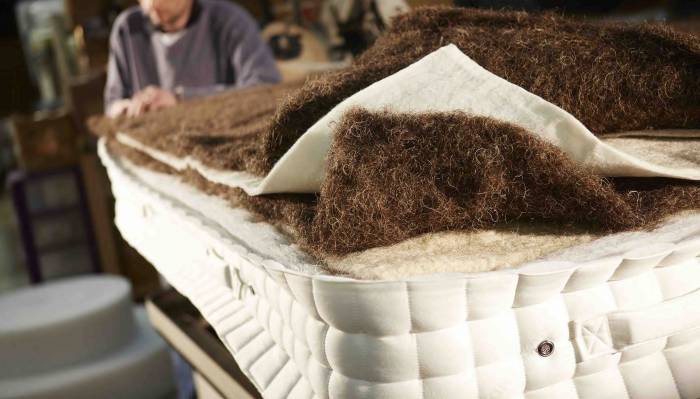
Our Experience on the best mattress for a bad back
We’ve been in the industry for a long time designing mattresses and answering over 5000 detailed questions about beds in the process. We’ve collated our best answers to some common questions around mattresses for bad backs below with more detail on why the advice is suitable below.
Choosing the correct mattress support is vital
A number of people have asked this question probably in relation to Orthopaedic mattresses being pushed so relentlessly by adverts. Andrew is one customer who believed he wanted a ‘firm mattress’ that was like sleeping on the floor. Upon further discussion with him, it turned out he wanted a firmer feel in the comfort of the mattress and didn’t want a solid board of a bed. Whilst sleeping on the floor temporarily had seemed to help his bad back it wasn’t a long term solution and it had led to other sleep discomfort issues.
Andrew was a tall chap and this was taken into consideration when recommending a medium feel spring tension even though he was 15 stone his height meant the weight was more evenly distributed so a medium rather than firm tension was more suited. Andrew would have never looked at this support tension if we hadn’t advised. He would have ended up with an overly firm set of support in his mattress leading to discomfort. By recommending the best support tension for his weight he was able to choose a firmer upholstery feel in the comfort layers which led him to our Artisan 1500 mattress. Andrew still got the firmer ‘feel’ in the comfort of the mattress but without a brutally unsuitable firm support unit that would have been unnecessary.
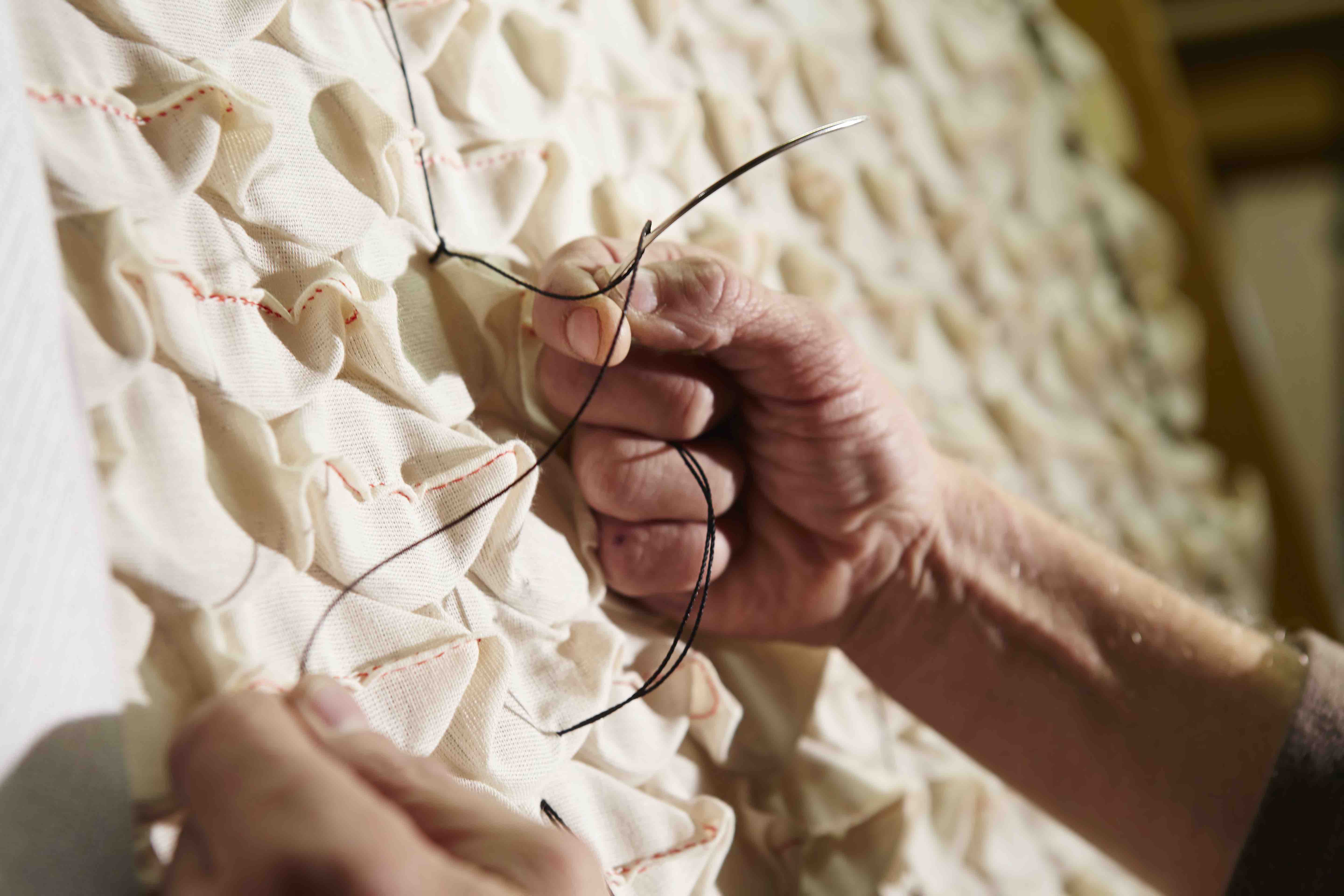
Avoiding memory foam mattresses that can make your back worse
We’ve also experienced numerous callers who have moved to a memory foam mattress to try and help their bad back only to find out its made it worse. Mark had bought a foam bed from IKEA to find it made his bad back even worse. On further inspection, this is likely to be down to the fact that the firm foam restricts your movement whilst trapping body heat making you not only sweat in bed but get stuck in one awkward position.
We’ve had numerous complaints about famous memory foam models that claim to allow the mattress to conform to your exact sleep position only to find sleepers trapped in their bodily impression each night. If you have a bad back you need something that’s going to conform to you but also allows for ease of movement should you need it. Memory foam and other synthetic foam mattresses are incredibly slow to respond meaning they can exaggerate your bad back.
Firm foam and memory foam are unsuitable for bad backs
They are slow to react and can cause joint loading
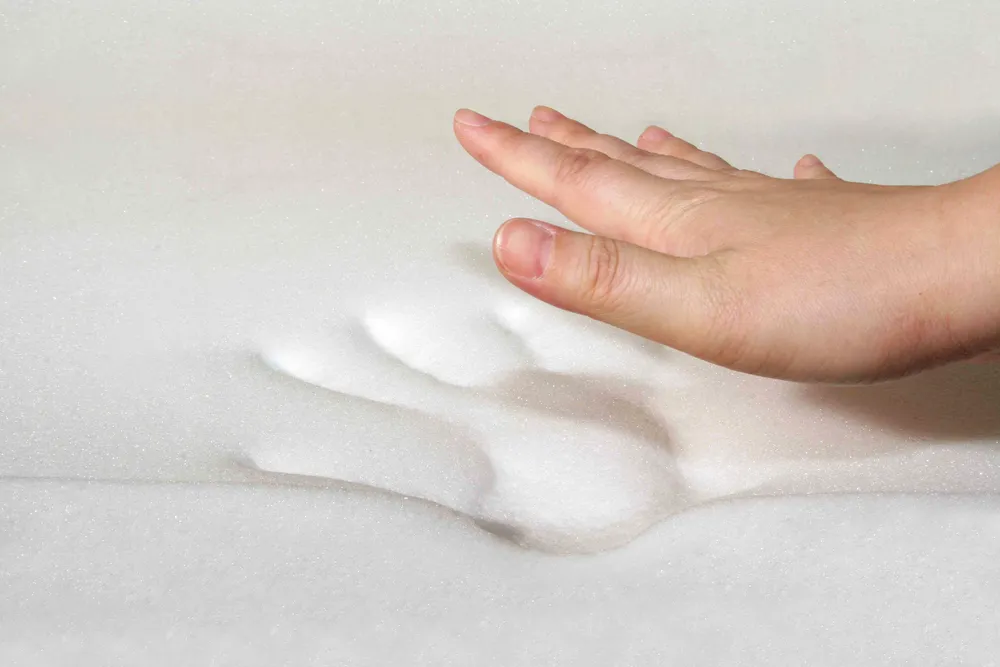

Pocket springs with split tensions can reduce disturbance
One of the most troublesome aspects of sleeping is disturbance from your partner in bed. We have received hundreds of comments, particularly those who are light sleepers, saying that whenever their partner turns in bed the movement wakes them up. This is particularly true in open coil spring systems and solid foam firm mattresses such as Orthopaedic models. This is because open coil mattresses are a one-piece spring so every movement ripples through the mattress like an eco. With firm foam mattresses your on a solid slab so any movement again transfers through the mattress to the next sleeper immediately. Especially if you’re having to make a real effort to turn as is with memory foam beds. This means that throughout the night you’re both being woken up by moving and transference in your mattress.
For that reason pocket springs are always preferable in mattress construction, in particular, calico hand-tied springs which eliminate transference as the springs act independently. We have been crafting split tension pocket spring mattresses for over 10 years meaning that your mattress can have one tension for one sleeper and another for the other. So if there’s a weight difference between you and your partner you don’t have to compromise on the spring tension, you can both have the perfect tension for each of your weights. This also means that if you’ve got a bad back and need to move over frequently to readjust during the night you’re less likely to disturb yourself and your sleeping partner. Something that a one-piece firm orthopaedic mattresses will never allow you.
Alison’s bad back problem is a prime example of this weight difference aggravating her back. Her husband was significantly heavier than her and they had opted for a mattress that would accommodate his weight. However, it meant she was sleeping on far too firm a spring tension which actually aggravated her bad back complaint. If she had the option of a split tension like our Artisan range, then she could have had a medium spring tension for her and a firm for her husband. Instead, she was on a 1.6 gauge firm spring causing her agony.
Our recommendations for mattresses for bad backs
The biggest drawback with orthopaedic mattresses is that they are incredibly firm with practically zero comfort layers. They have been created as a firm solid sleep surface with no consideration for different weighed sleepers or two sleepers in the same bed. Catering only for those who are 17 stone plus. For anyone lighter than this the support unit is far too firm to provide any real rest for a sleeper. If you have a bad back then getting the right support uni based solely on your weight is essential.
Open coil and solid foam should be avoided as these are the least progressive support units meaning movement is difficult or the whole bed moves when you do! A quality pocket spring unit is ideal where transference is at a minimal and the support unit can individually contour to your sleeping position.
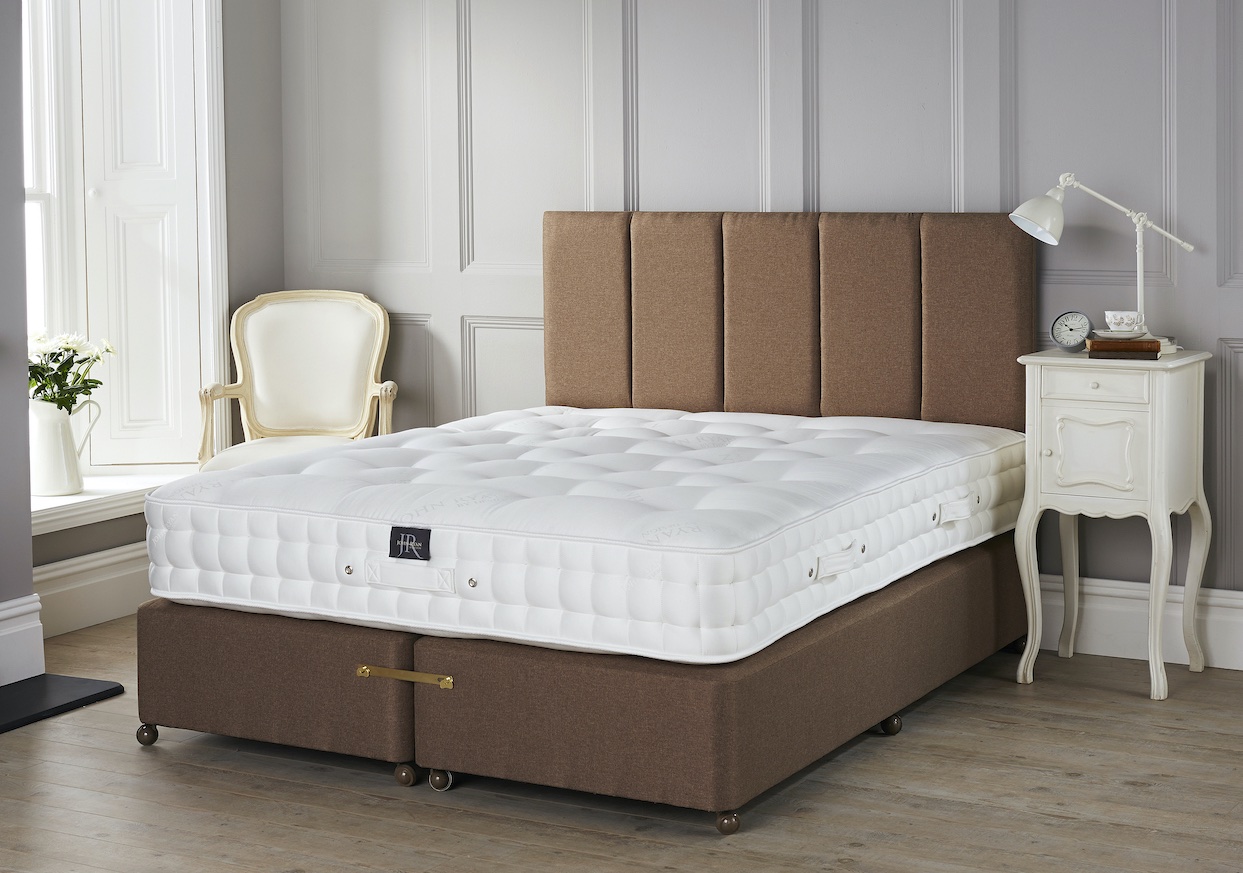
The comfort layers are then next and this is where you can decide on your preference for a soft, medium or firm feel. This comfort layer depends on the upholstery fibres whether they are natural or synthetic, have high-loft like Wool or are firmer like Coir. The ways these are layered up will determine the overall feel of the mattress, not just the spring tension. This is where you need to pay particular attention and really understand what’s inside the mattress.
Summary
If you’re looking for a quality mattress for a bad back then our Artisan range can offer both split tensions and a multitude of different comfort preferences. Take a look at our Artisan Bespoke 004 or Artisan Naturals mattress as a starting point to see what you should expect in a mattress for a bad back. if you have other questions then why not get in touch with our small expert team on 0161 437 4419 or [email protected]. Afterall don’t you deserve a tailored recommendation to get that perfect nights sleep?
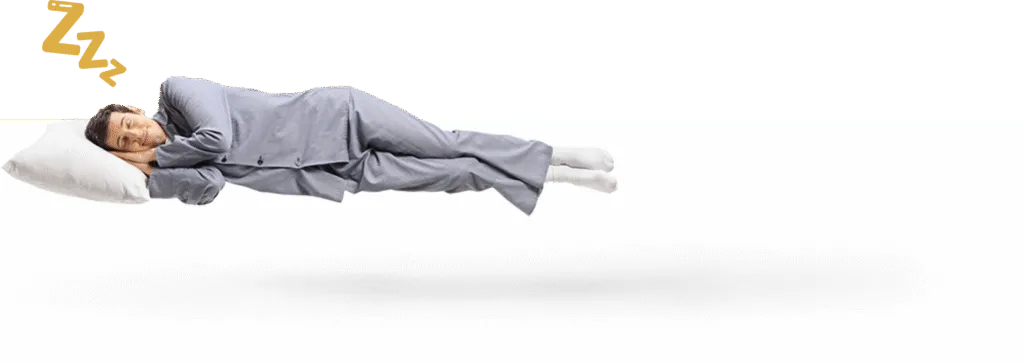
Dreaming of the perfect nights sleep?
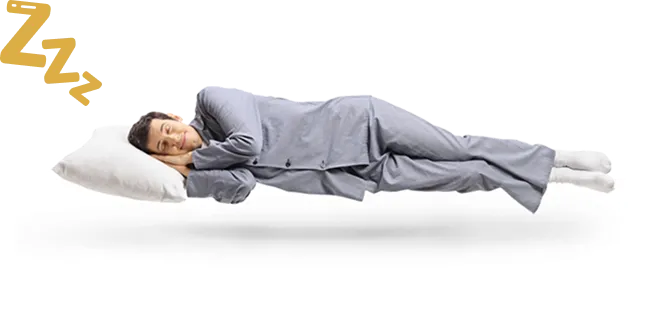
Ask us a question
There are over 6000 questions and answers submitted by you on all questions about mattresses and bed problems. Enter a keyword such as Vi Spring, John Lewis beds, bad back or Memory Foam and see if your question has already been answered.
If you can’t find an answer in knowledge hub, ask a new question. We aim to respond to all questions within one working day.
Newsletter
Enter your email to join our newsletter. We’ll send you occasional news and mattress expertise.
